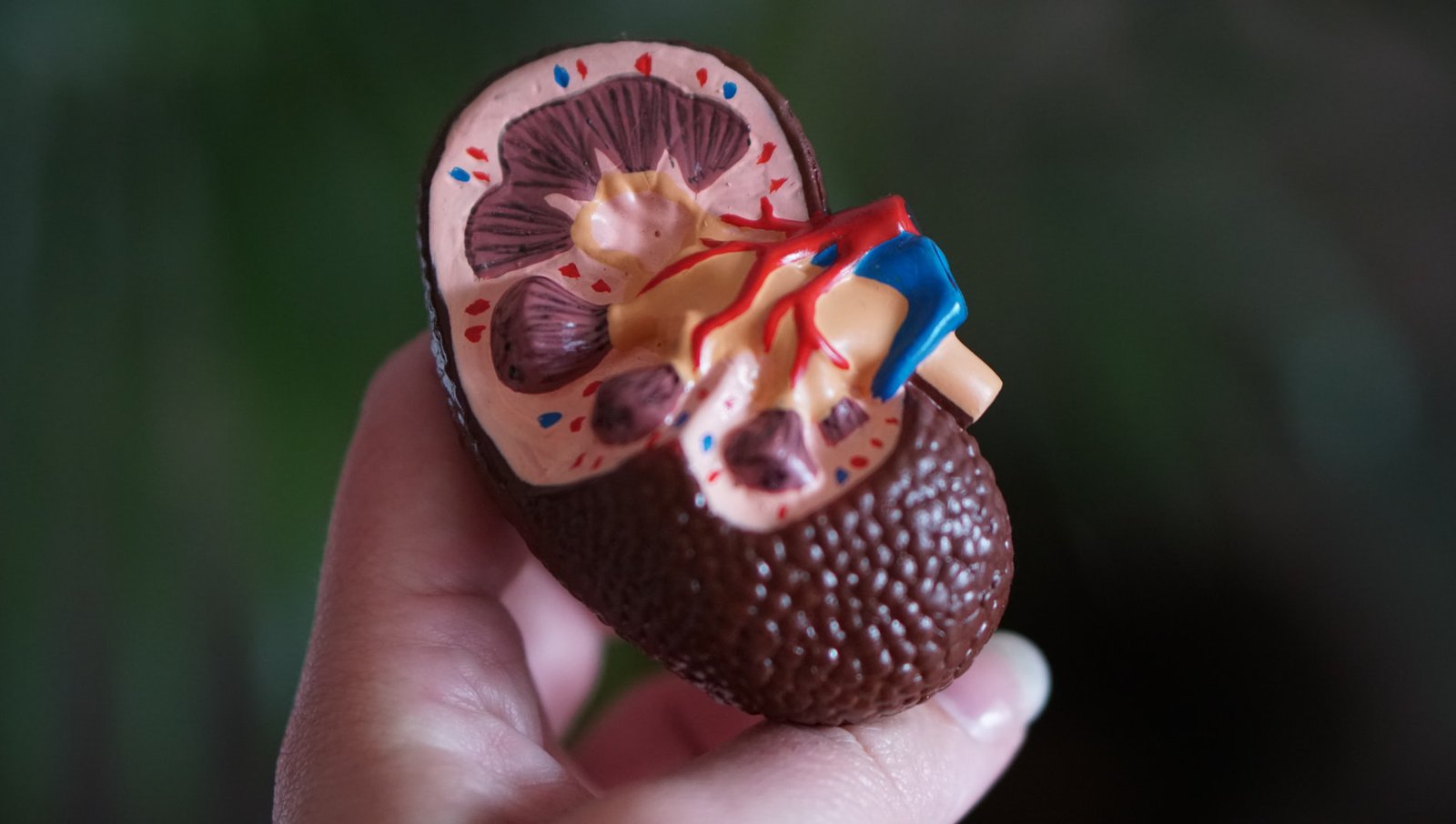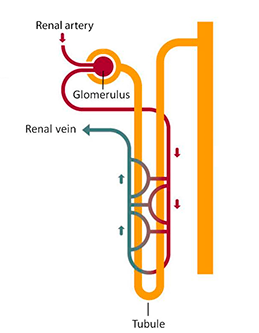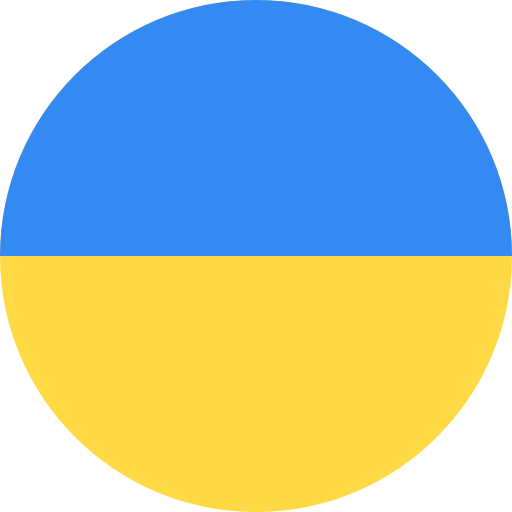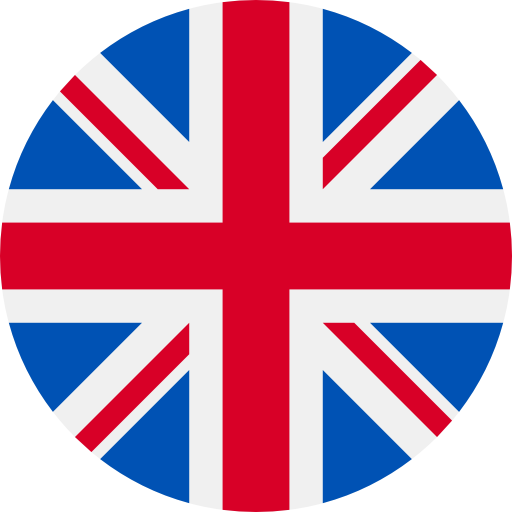How do healthy kidneys function?

The kidneys are twin organs that are located in the lumbar region and partially covered with ribs. The size of a normal kidney is approximately the size of an adult’s fist.
The kidneys are the filter in our body. Every two minutes, the entire amount of blood flowing through our bodies goes through our kidneys. The main purpose of the kidneys is to remove toxins and excess fluid from the bloodstream. The kidneys also help maintain the acid-alkali balance, control blood pressure, hemoglobin levels, and phosphorus-calcium exchange by secreting the necessary hormones.
Each kidney consists of about a million filtering units called nephrons. Each nephron contains a filter called a ball (glomeruli) and a channel (distal and proximal). The nephrons operate through a two-step process: the ball filters the blood, and the tubules return the necessary substances to the blood and remove the metabolic products (toxins).
- Blood enters the kidney through the renal artery from the heart
- Blood filters while going through nephrons
- Exchange products, toxins and the excess fluid goes through the ureter and stays in the bladder in a form of urine
- Filtered blood returns to the bloodstream through the renal vein.

The kidneys perform their vital work by filtering and returning to the blood about 200 of fluid 24 hours a day, 7 days a week. Approximately two liters are excreted from the body as urine, while the rest, about 198 liters, are retained in the body. The urine we release is stored in the bladder for about one to eight hours.



